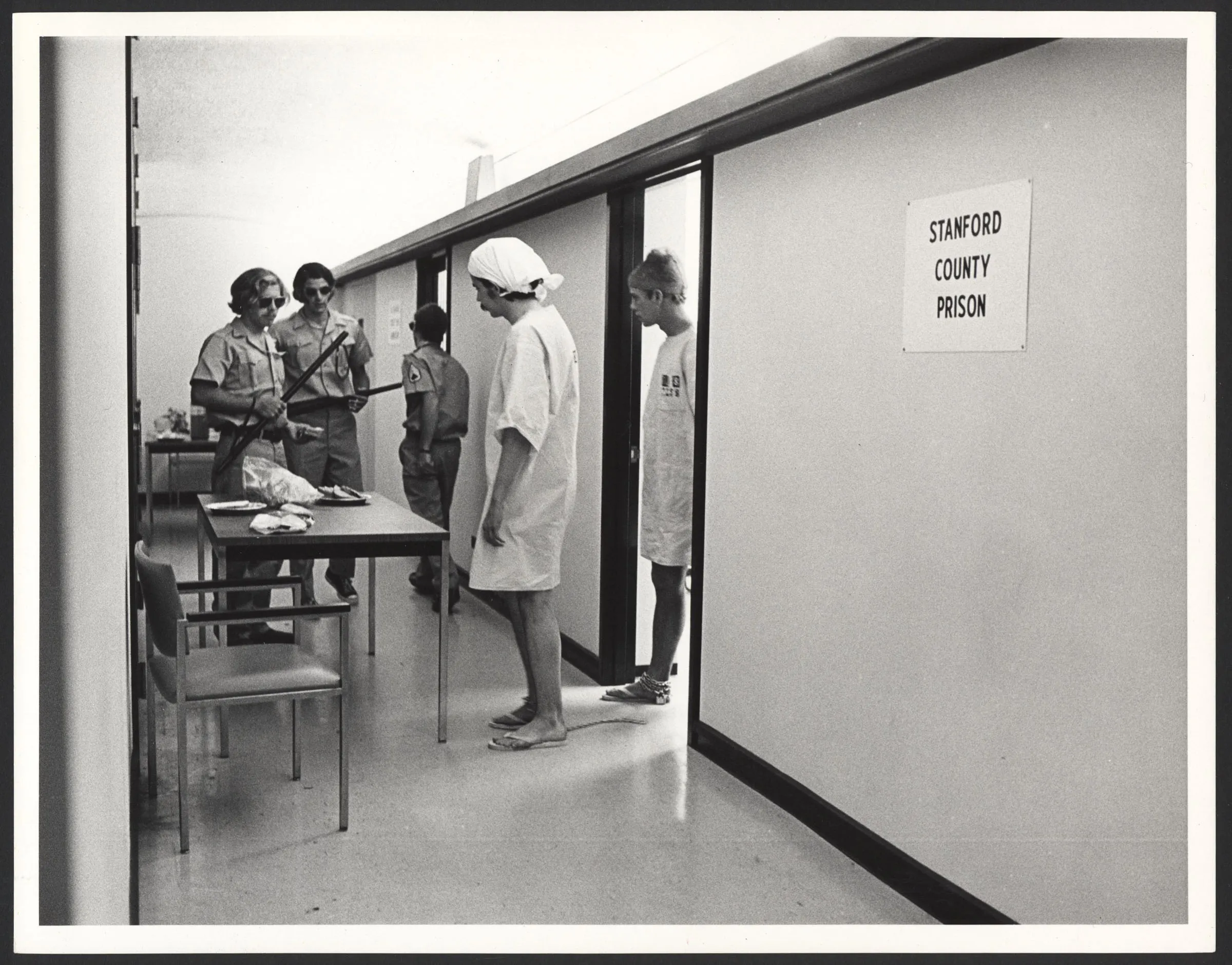Stanford Prison Experiment: Effects on Society and Psychology

Exploring the Stanford Prison Experiment
The Stanford Prison Experiment conducted in the 1970s remains a controversial study in psychology. Its results raised important questions about the influence of social roles and authority figures. In a simulated prison environment, participants were divided into prisoners and guards, bringing to light the extremes of psychological behavior.
Key Findings
- Power Dynamics: The experiment demonstrated how quickly individuals could adopt abusive behaviors when placed in positions of authority.
- Ethics in Research: The methods used raised significant ethical concerns, shaping future psychological studies.
- Lasting Cultural Impact: The repercussions of the study challenged the views on human nature and authority.
Cultural Reflections
The Stanford Prison Experiment also influenced television and popular culture through countless references and dramatizations. It has appeared in discussions on morality, media influences, and societal norms.
This article was prepared using information from open sources in accordance with the principles of Ethical Policy. The editorial team is not responsible for absolute accuracy, as it relies on data from the sources referenced.